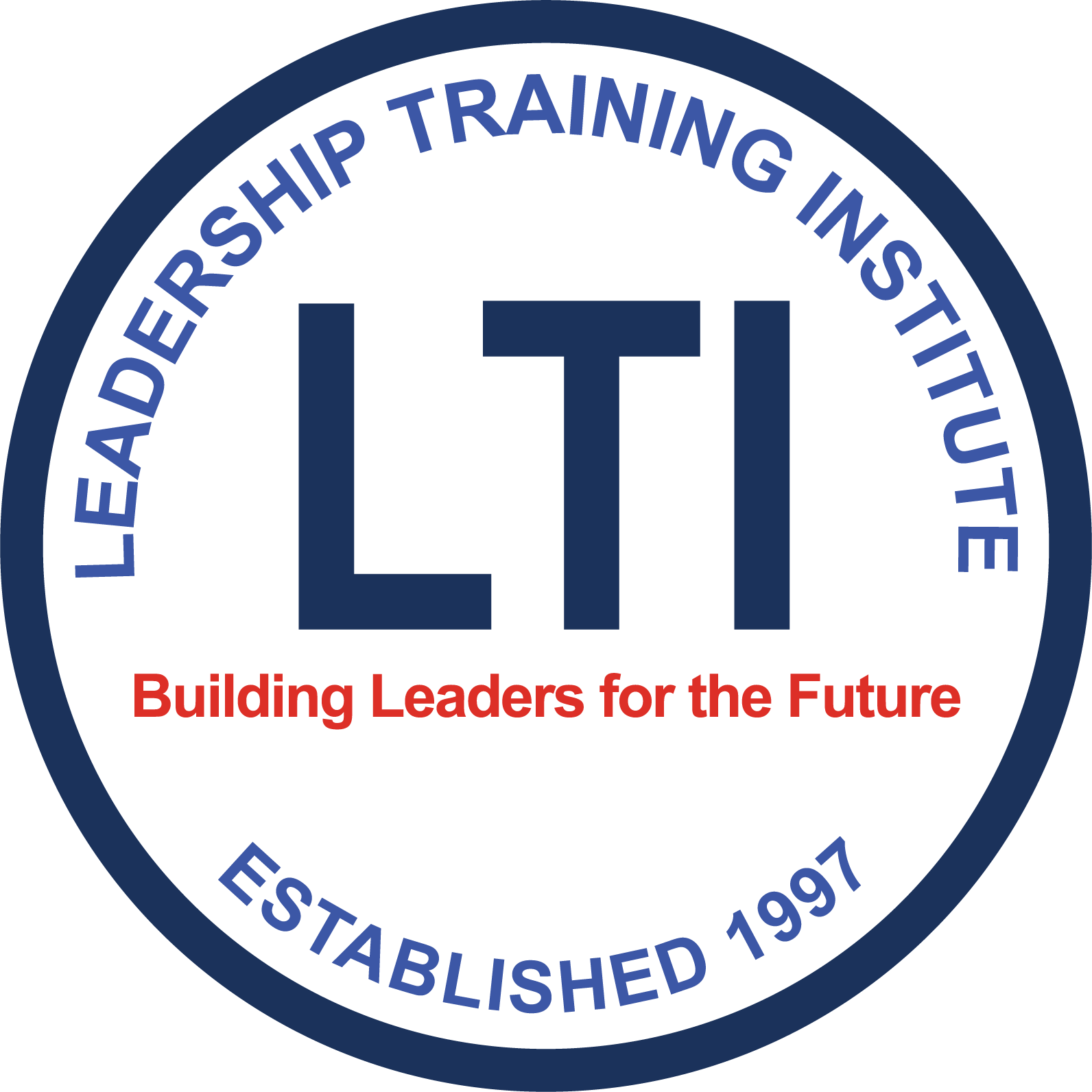NYS Certified Peer Worker Program
Peer workers provide a unique category of service delivery through the lens of “shared lived experience” that gives them a unique capacity to provide targeted services that can inspire, empower, and support their peers. Their role is different from the roles and services offered by other members of a multi‐disciplinary care or prevention team.
Peer workers have a variety of responsibilities, including educating clients about health and wellness, suggesting resources and support services, and linking clients to care.
General qualifications
Any person who has a qualifying lived experience with HIV, hepatitis C, harm reduction, PrEP, or is returning to the community after incarceration, under our newest track, criminal justice, is eligible to be certified as a peer worker in New York State.
General peer worker competencies and responsibilities include:
- Sharing your personal experience in a strategic, compassionate, and responsive manner and comfortably disclosing status.
- Demonstrating a commitment to personal self-management of health conditions and treatment regimens.
- Addressing the health literacy needs of clients to ensure client understanding of messages delivered.
- Communicating using a person-centered approach such as active listening, stages of change, motivational interviewing and/or harm reduction counseling.
Read more about the peer worker certification process in this FAQ (280 KB PDF).
Peer worker certification tracks for 2022-2023
Qualifying lived experiences are divided into the four tracks below.
Harm Reduction Peer Worker
Qualifications: A person must have lived experience of substance use and have either: 1) experience accessing harm reduction services from a syringe services program or opioid overdose prevention program; or 2) completed a practicum working in a syringe services program or opioid overdose prevention program.
In addition to the general core competencies and responsibilities of all peer workers, Harm Reduction Peer Worker responsibilities may include:
- Conveying the principles of harm reduction and how it applies to different areas of risk effectively.
- Having a basic understanding of the various classes of drugs and how to employ harm reduction strategies that are drug specific.
- Having a basic understanding of sexual risk and associated harm reduction strategies.
- Providing referrals to a wide range of harm reduction and health promotion resources and supportive services.
- Being a trained responder in the Opioid Overdose Prevention Program.
- Working with a multi-disciplinary team to address issues that impact participants’ ability to engage in services due to drug use or high-risk sexual or sex work.
HCV Peer Worker
Qualifications: A person must be living with hepatitis C, be currently receiving treatment for hepatitis C, or have completed treatment for hepatitis C.
In addition to the general core competencies and responsibilities of all peer workers, HCV Peer Worker responsibilities may include:
- Delivering and providing information about HCV testing services.
- Engaging and linking people with confirmed HCV infection to care.
- Helping clients understand the importance of attending the follow‐up appointments and that HCV is a curable condition for most people.
- Accompanies clients to health care appointments.
- Helping clients navigate and learn about the health care system as well as the broader service delivery system.
- Working as part of the multi‐disciplinary clinical team to provide tools and strategies using a client‐centered approach to support clients in taking their medications every day as prescribed.
PrEP Peer Worker
Qualifications: A person who has lived experience of taking PrEP. To ensure an applicant for this track has lived experience, supervisors will be required to rate specific competencies related to a shared lived experience.
In addition to the general core competencies and responsibilities of all peer workers, PrEP Peer Worker responsibilities may include:
- Possessing the knowledge, attitudes, and skills needed to employ a non-judgmental, sex-positive approach during all interactions with clients.
- Being able to explain PrEP as an individualized intervention in a clear, straight forward way, always applying universal precautions around health literacy.
- Understanding and addressing the different costs associated with PrEP, and that they may be a significant obstacle to starting PrEP.
- Educating clients about harm-reduction options and discussing HIV/STI/HCV harm-reduction options for sexual behaviors and substance use behaviors.
- Addressing sexual assault and intimate-partner violence with clients in a supportive and compassionate way.
- Addressing the interplay of sexuality and substance use, including offering harm-reduction options.
HIV Peer Worker
Qualifications: A person must be living with HIV.
In addition to the general core competencies and responsibilities of all peer workers, HIV Peer Workers responsibilities may include:
- Delivering HIV testing services as part of a multi-disciplinary team.
- Being involved in outreach into the community, participating in appointment procedures, and receiving referrals for follow-up care.
- Supporting ART initiation and treatment adherence.
- Helping clients navigate and learn about the health care system, as well as the broader service delivery system.
- Promoting and providing referrals to educational resources and supportive services.
- Marketing and facilitating support groups.
Criminal Justice Peer Worker
Qualifications: Share a common “lived experience” with individuals who are, or have been, involved with the criminal justice system.
In addition to the general core competencies and responsibilities of all peer workers, CJ Peer Workers responsibilities may include:
- Use lived experience to educate newly released, or soon to be released, individuals about the challenges they are likely to face upon community reentry.
- Assist with addressing tasks of daily living, including: obtaining identification; time management skills and daily routine.
- Provide support to individuals with current or past substance use disorder.
- Assist individuals in becoming acquainted with current technology, internet, using a cell-phone.
- Use lived experience to educate individuals on strategies for interacting with the criminal justice system, community law enforcement, and avoiding arrest/ reincarceration.
- Work as part of a team to assess client needs related to social determinants of health and work with other members of the care team to create and carry out a service delivery plan.
